By Susan Lutz
The roles of farmers often seem to go to men. Perhaps rooting from generations of roll assignments – the men work the land, the women raise the children and support their husbands. My family’s roots stretch back to farming. I remember the stories of my grandmothers supporting their husbands, doing the chores, and feeding the family and the extra farm hands. Without these women, the farms wouldn’t run. As times change, the farm is changing, too.
Organic lifestyles are creating demands for less pesticides, more local crops, and food grown without GMOs. Farms used to rely on the next generation of children, usually the son, to step up and take over. As large corporations took over acres, they created a mass production and marketing system and small farms couldn’t compete. We watched family farms collapse in the ’80s. Today, women are finding ways to farm with new insight and success.
The US Department of Agriculture reports that, beginning in the 1980s, women farmers were the “fastest-growing sector of the country’s changing agricultural landscape” and they will continue to be well into the next 25 years. The number continues to rise and women farmers are gaining visibility. The economic challenge for farmers has shifted from the tradition of turning the farm over to their children, especially to the boys, to the unknown. Many families turn away from the farm for work, but today more girls and women are choosing to stay. Some enter farming for reasons such as wanting to raise children in the rural lifestyle while others may see it as a profitable way to live. Some simply want to promote organic living. Some women choose sustainable farming and some undertake a larger scale.
Where does a woman, either working alone or with a partner, turn for resources? The growing number of women farmers has created new opportunities in education, management, production, and financial resources. The Internet, blogging, and social media have opened up a new avenue of community to women farmers. With a quick click, any woman can look up how to attack a cucumber beetle without pesticides or when the best time to plant a certain crop is, and they can share stories and develop friendships with other farmers.
Women are taking back the earth. Not from men, but together as partners. My grandmother and grandfather left the farm even before the economy suffered. Over time they gravitated closer to factories and industries offering steady pay. I wonder, if the resources today were available to them, would they have had a chance to grow their farm and adapt with help rather than flee in the hopes of just staying alive and making ends meet. The organic movement is so important to so many women I know. One farm at a time, we may see the land and its caretakers turn over a whole new leaf.
 Show #1618 A powerful conversation with Kandi Mossett, of Indigenous Rising, who is literally on the front lines of one of the current battles in the climate justice fight against the Dakota Access Pipeline. There are many reasons you need to listen to Kandi and learn more about what’s at stake.
Show #1618 A powerful conversation with Kandi Mossett, of Indigenous Rising, who is literally on the front lines of one of the current battles in the climate justice fight against the Dakota Access Pipeline. There are many reasons you need to listen to Kandi and learn more about what’s at stake.
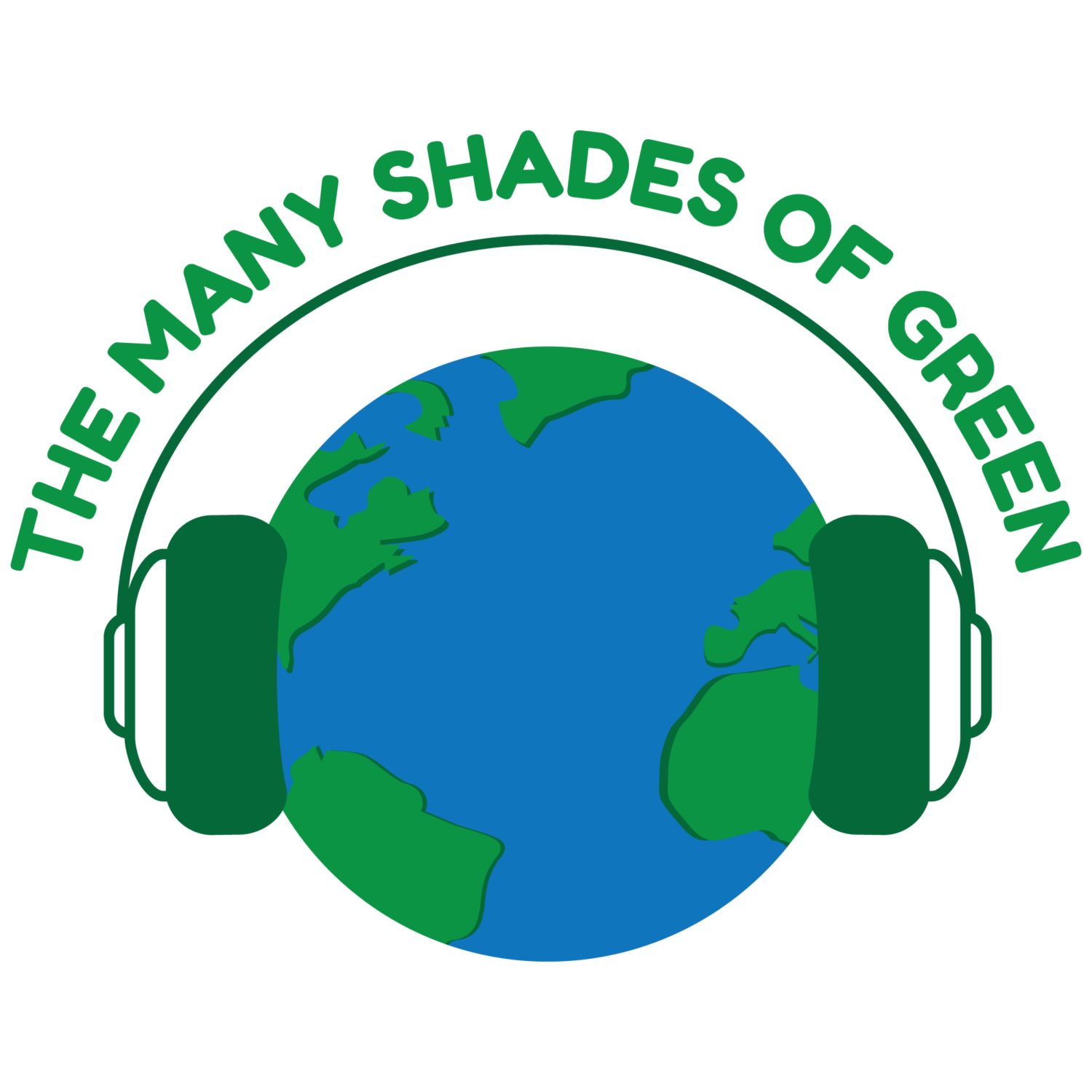
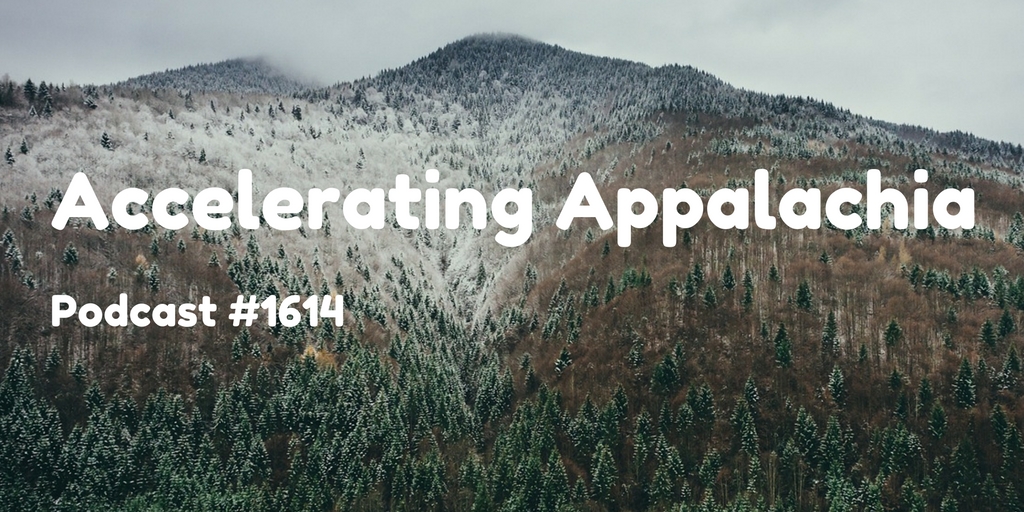
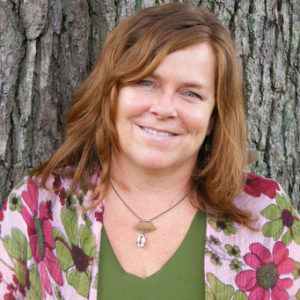 My guest this week is Sara Day Evans, Founder of Accelerating Appalachia, which provides social and economic assistance to nature based and local businesses in the vast region of Appalachia, which spans 12 states and has a population of 25 million people. It is one of the most bio-diverse regions on the globe, and new businesses that are based on food, farming and forests are providing jobs and promoting sustainability. Nature Based Businesses (NBB’s) are part of a movement to protect the earth, and maintain the beauty of the Appalachian region. To quote Ms. Evans “My advice to someone thinking of starting an accelerator or a business is this: Be resilient, stubborn, and focused, and love what you do.” For more info go to
My guest this week is Sara Day Evans, Founder of Accelerating Appalachia, which provides social and economic assistance to nature based and local businesses in the vast region of Appalachia, which spans 12 states and has a population of 25 million people. It is one of the most bio-diverse regions on the globe, and new businesses that are based on food, farming and forests are providing jobs and promoting sustainability. Nature Based Businesses (NBB’s) are part of a movement to protect the earth, and maintain the beauty of the Appalachian region. To quote Ms. Evans “My advice to someone thinking of starting an accelerator or a business is this: Be resilient, stubborn, and focused, and love what you do.” For more info go to 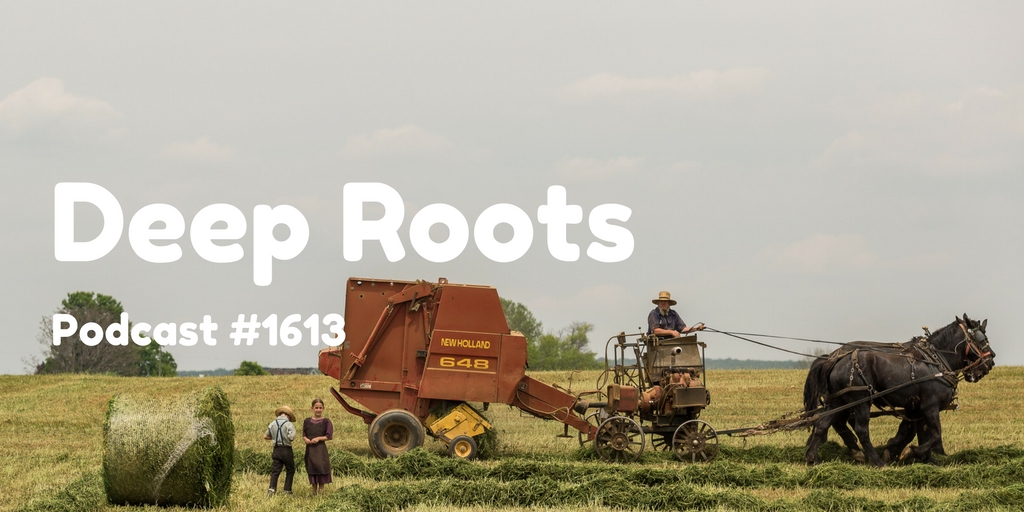
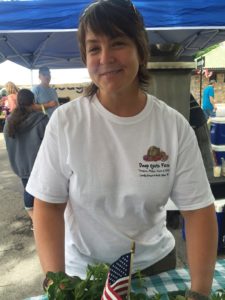 What do organic tomatoes, horn worms and Olympic figure skating legend Dick Buttons have in common? To find out, tune into this week’s show, as Allison Turcan, Stormie Velarde-Hamill and Scott O’Rourke of Deep Roots and DIG Farms, discuss what it takes to run a suburban farm. Learn about WOOFING, and no it doesn’t involve dogs howling, as well as what the difference is between organic and certified organic products. We chat about creepy, crawly and utterly gross worms which attack tomatoes and turns them truly rotten. Local farms supply the booming green markets in the NY metro tri-state area, and Scott, Allison and Stormie are not only growing amazing produce, they are working with kids, via food literacy programs, to educate them about growing delicious and healthy food. For more info go to facebook.com/DIGFarm
What do organic tomatoes, horn worms and Olympic figure skating legend Dick Buttons have in common? To find out, tune into this week’s show, as Allison Turcan, Stormie Velarde-Hamill and Scott O’Rourke of Deep Roots and DIG Farms, discuss what it takes to run a suburban farm. Learn about WOOFING, and no it doesn’t involve dogs howling, as well as what the difference is between organic and certified organic products. We chat about creepy, crawly and utterly gross worms which attack tomatoes and turns them truly rotten. Local farms supply the booming green markets in the NY metro tri-state area, and Scott, Allison and Stormie are not only growing amazing produce, they are working with kids, via food literacy programs, to educate them about growing delicious and healthy food. For more info go to facebook.com/DIGFarm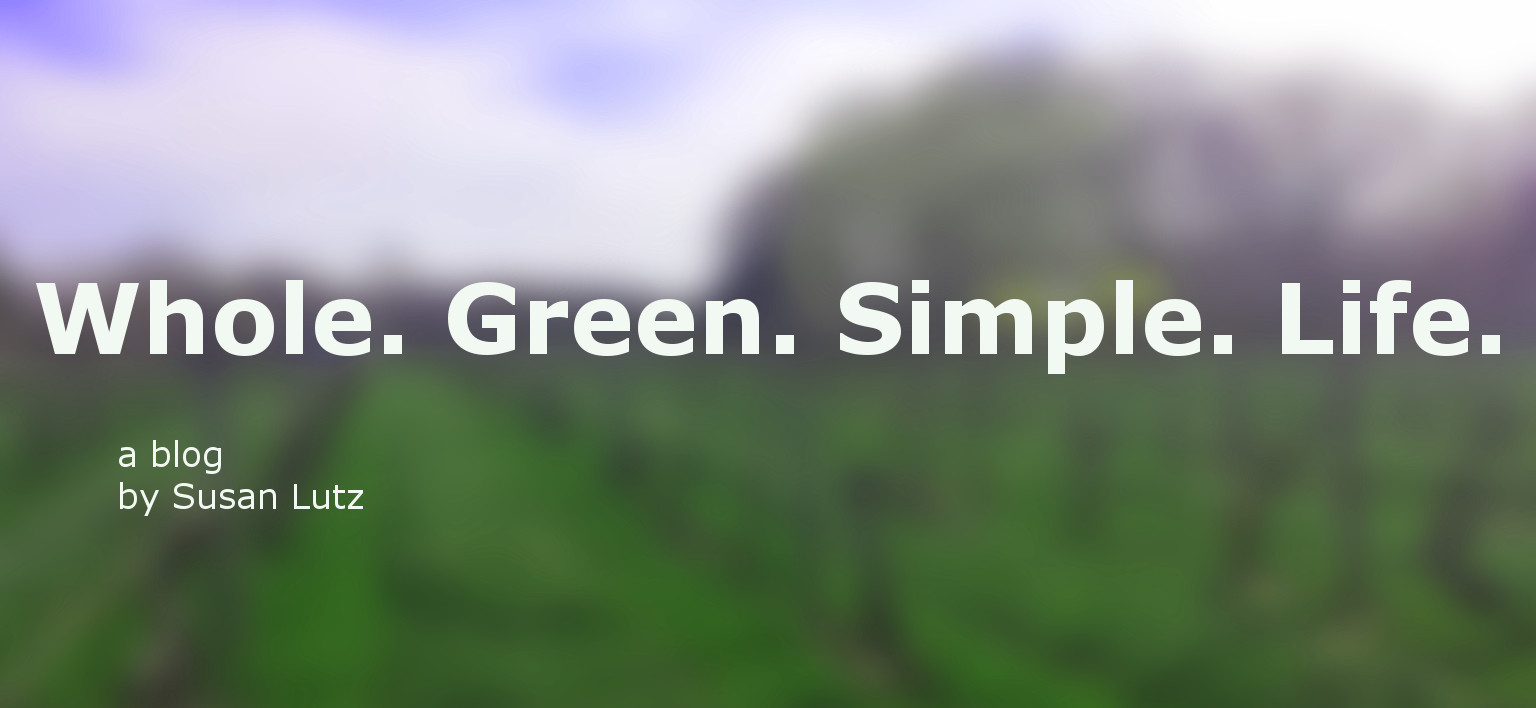
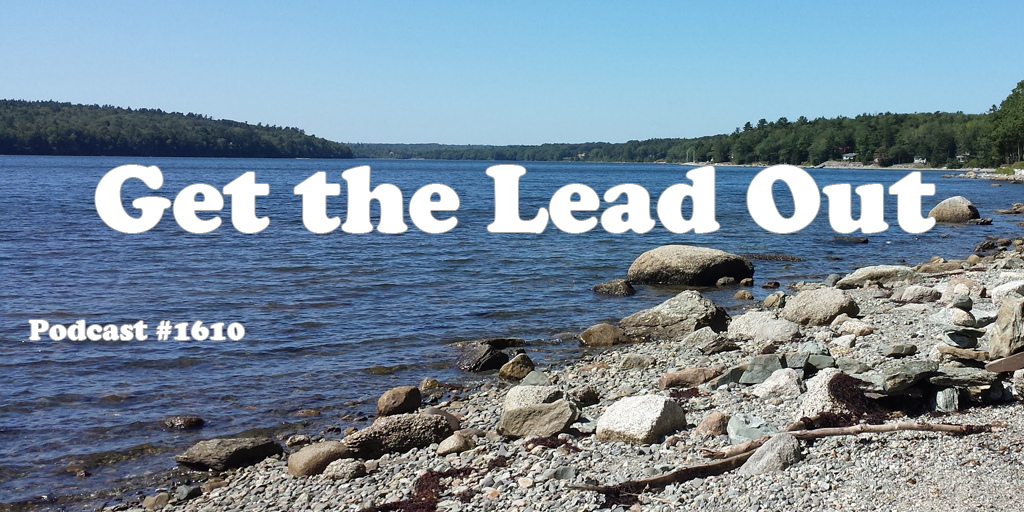
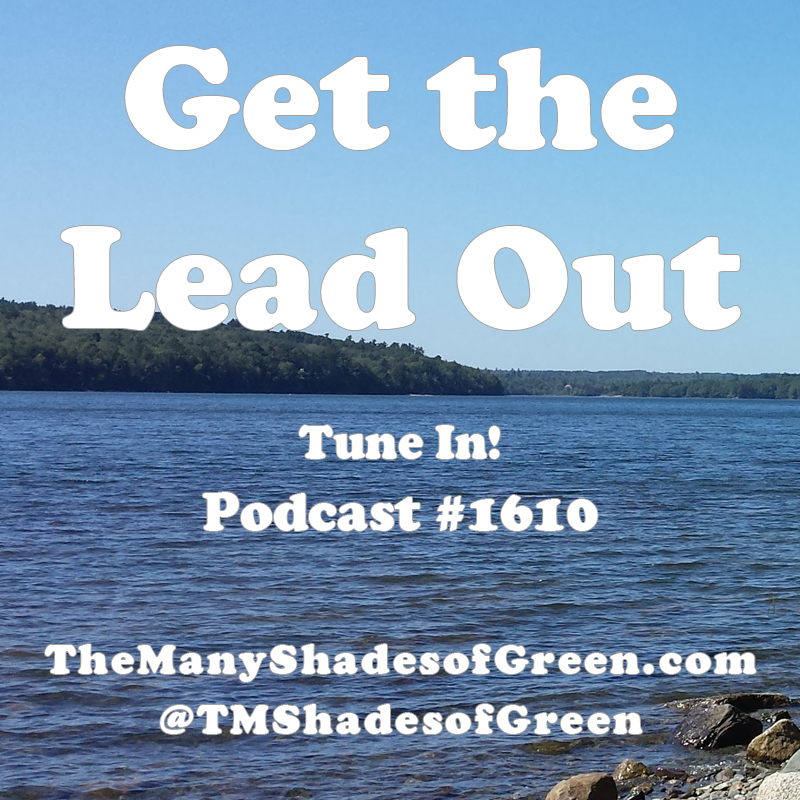 As the people of Flint Michigan fight for better quality water, the problem of lead pipes has come to the forefront of the newscycle. Enter our guest this week, Bill Spataro, a metallurgist who has worked for the New York Power Authority. Bill explains how chemicals from lead leach into the water systems, and what effect those chemicals have on those who bathe in and drink lead laced water. This is not just a problem in Flint, it could happen in your own backyard or community. Is this all preventable? To find out more about this issue go to health.ny.gov/environmental/lead/
As the people of Flint Michigan fight for better quality water, the problem of lead pipes has come to the forefront of the newscycle. Enter our guest this week, Bill Spataro, a metallurgist who has worked for the New York Power Authority. Bill explains how chemicals from lead leach into the water systems, and what effect those chemicals have on those who bathe in and drink lead laced water. This is not just a problem in Flint, it could happen in your own backyard or community. Is this all preventable? To find out more about this issue go to health.ny.gov/environmental/lead/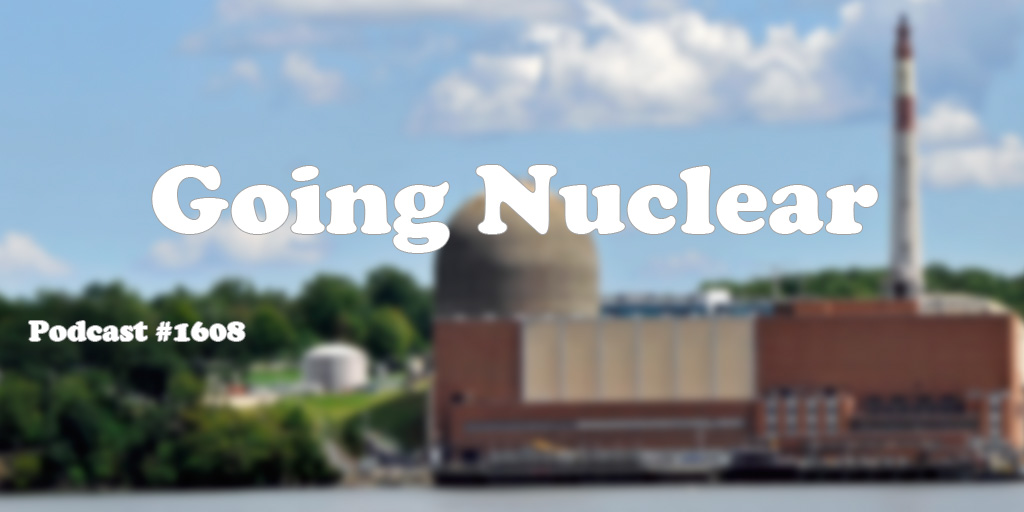
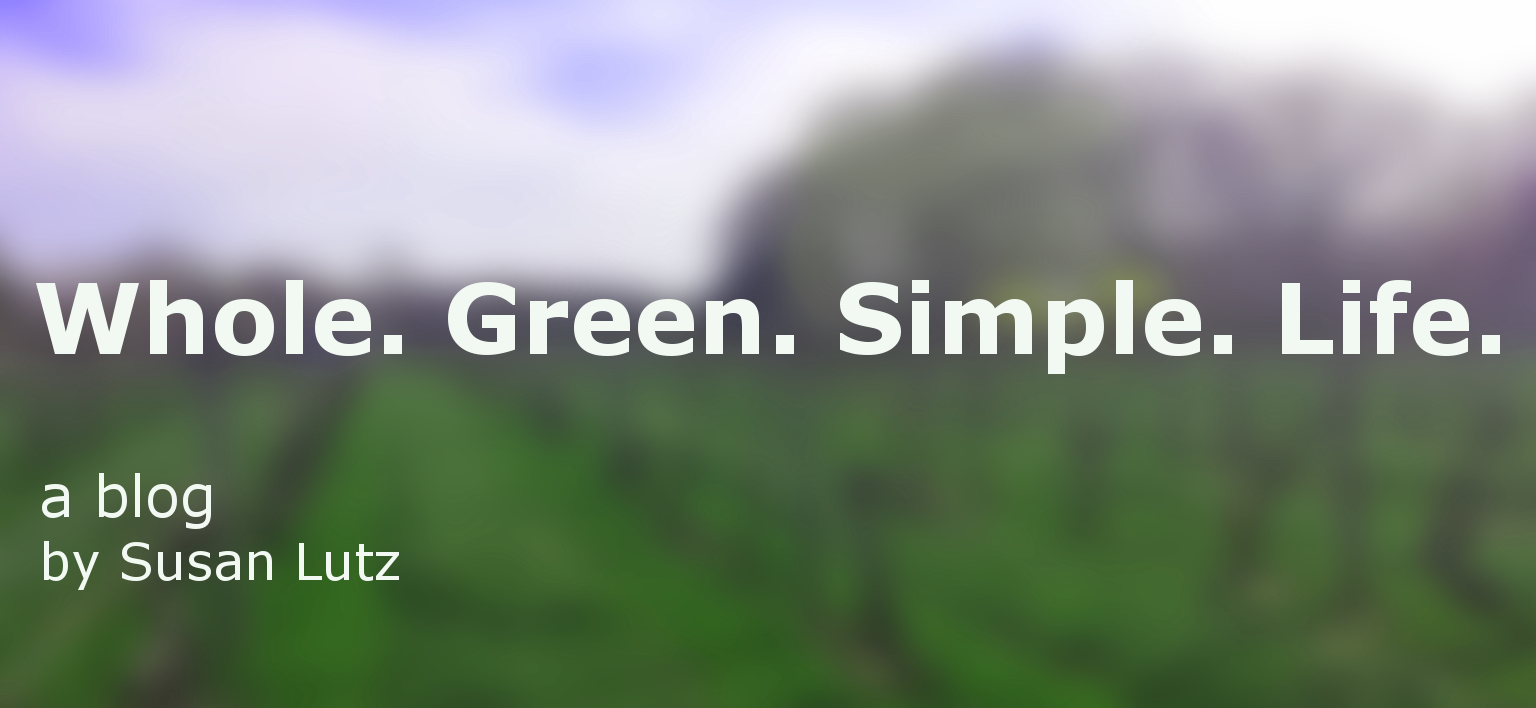
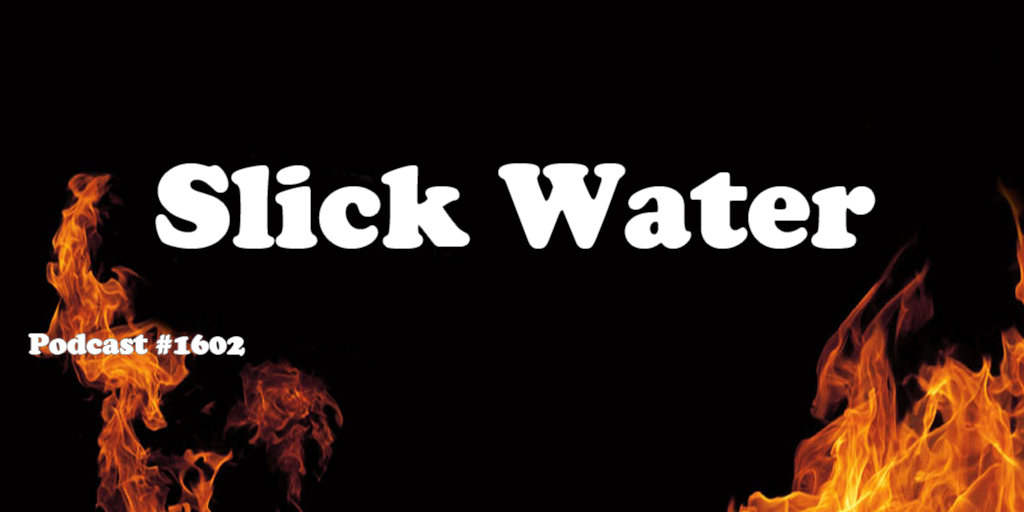
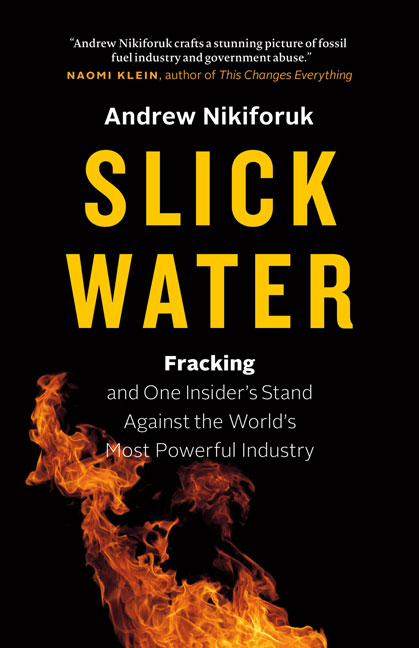 It is no secret that mainstream media coverage of environmental issues is slow-moving, and many stories go un-reported in the press. Climate change deniers spout their ideology with reckless abandon. Enter my guest this week, Andrew Nikiforuk, an award winning environmental writer based in Calgary, Canada, who has written a new book about the hydraulic fracturing industry entitled Slick Water: Fracking and One Insider’s Stand Against the World’s Most Powerful Industry. The book traces the saga of Jessica Ernst, and the path she takes to hold Encana Oil and Canada’s environmental government agencies, responsible for secretly fracking hundreds of gas wells around her home, in a rural area northeast of Calgary. A cover-up ensues, which leads Ms. Ernst to take legal action against the various parties for their role in contaminating land, water and air in her community. For more information
It is no secret that mainstream media coverage of environmental issues is slow-moving, and many stories go un-reported in the press. Climate change deniers spout their ideology with reckless abandon. Enter my guest this week, Andrew Nikiforuk, an award winning environmental writer based in Calgary, Canada, who has written a new book about the hydraulic fracturing industry entitled Slick Water: Fracking and One Insider’s Stand Against the World’s Most Powerful Industry. The book traces the saga of Jessica Ernst, and the path she takes to hold Encana Oil and Canada’s environmental government agencies, responsible for secretly fracking hundreds of gas wells around her home, in a rural area northeast of Calgary. A cover-up ensues, which leads Ms. Ernst to take legal action against the various parties for their role in contaminating land, water and air in her community. For more information 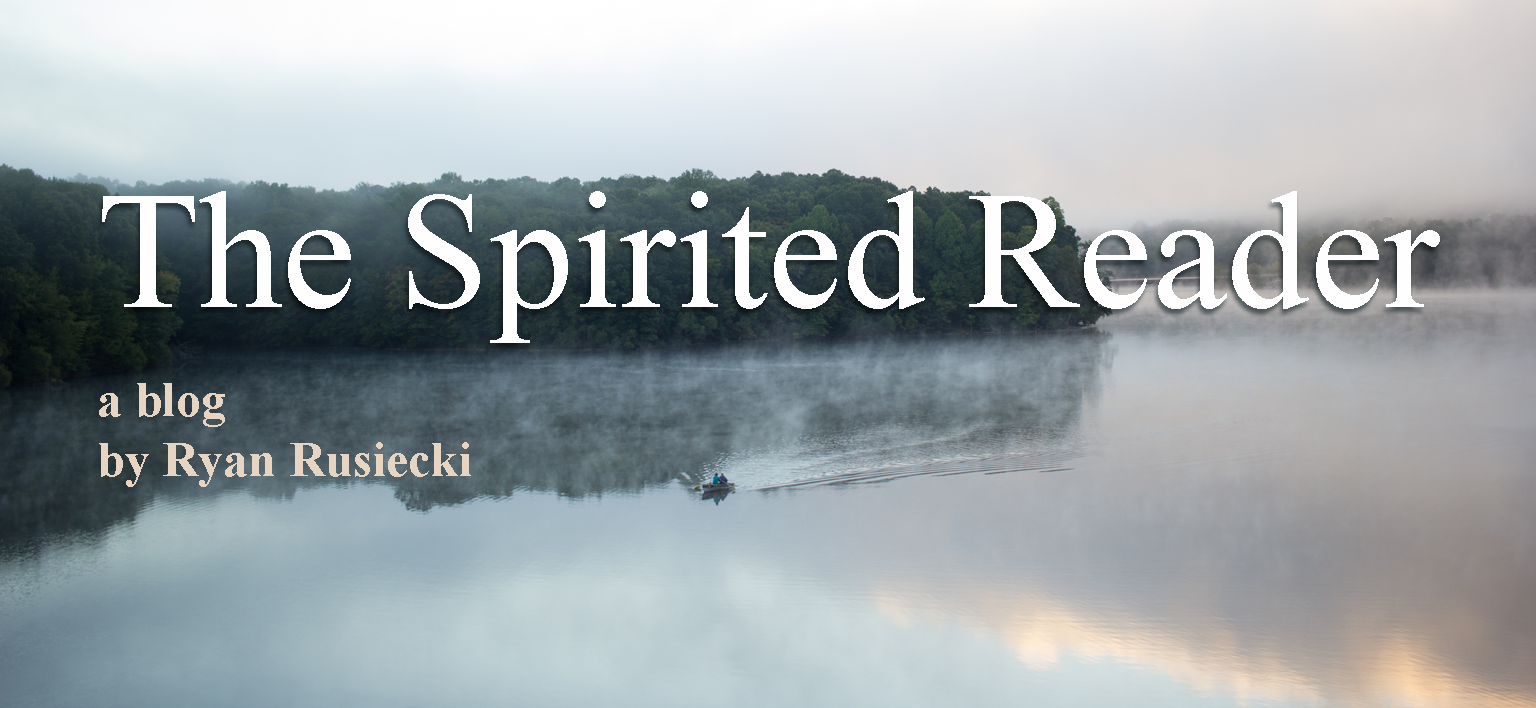
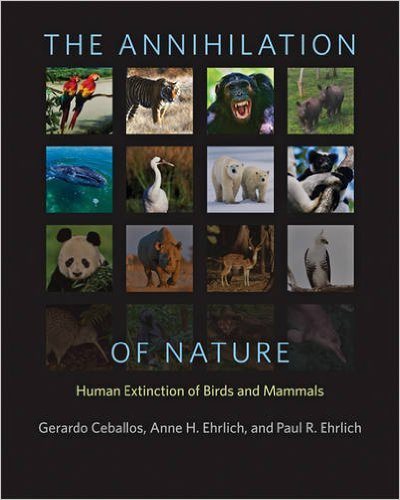 to the present as they contemplate the extinction of modern animals. After spending much time analyzing the extinction of many birds and mammals, the autho
to the present as they contemplate the extinction of modern animals. After spending much time analyzing the extinction of many birds and mammals, the autho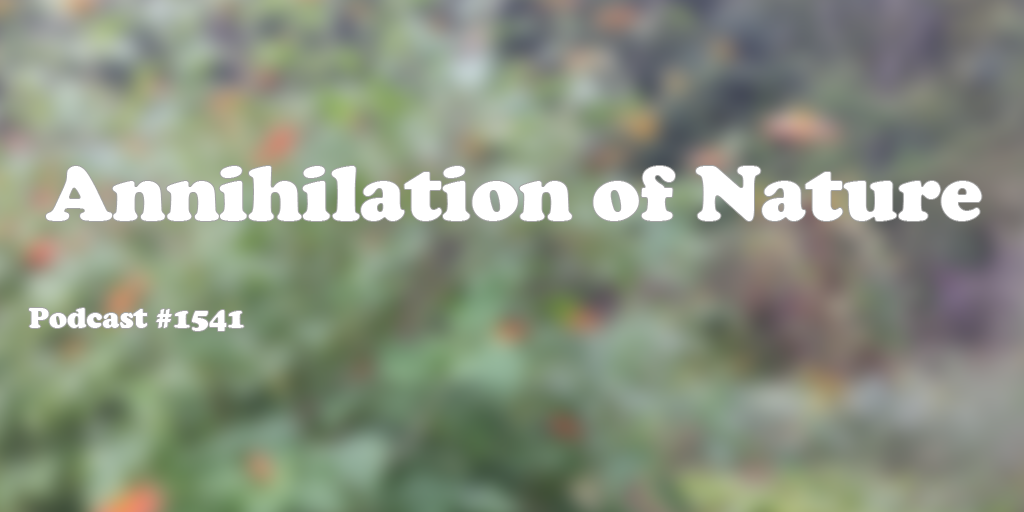
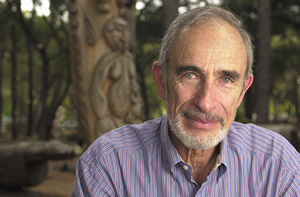 Our guest this week is Dr. Paul Ehrlich, Professor of Population Studies at Stanford University, whose famous book, The Population Bomb, remains controversial to this day. His current work is titled ANNIHILATION OF NATURE: Human Extinction of Birds and Mammals, which discusses the loss of species due to human activity, and the importance of biodiversity and empathy in helping solve problems of habitat loss, and the effects of climate change as it relates to all Earthlings. We are in the Sixth Extinction, and it is time for humans to use their emotional cues to protect Mother Earth. For more information go to ccb.stanford.edu (Center for Conservation Biology) and his book is available via amazon.com. You can send him a tweet @PaulREhrlich
Our guest this week is Dr. Paul Ehrlich, Professor of Population Studies at Stanford University, whose famous book, The Population Bomb, remains controversial to this day. His current work is titled ANNIHILATION OF NATURE: Human Extinction of Birds and Mammals, which discusses the loss of species due to human activity, and the importance of biodiversity and empathy in helping solve problems of habitat loss, and the effects of climate change as it relates to all Earthlings. We are in the Sixth Extinction, and it is time for humans to use their emotional cues to protect Mother Earth. For more information go to ccb.stanford.edu (Center for Conservation Biology) and his book is available via amazon.com. You can send him a tweet @PaulREhrlich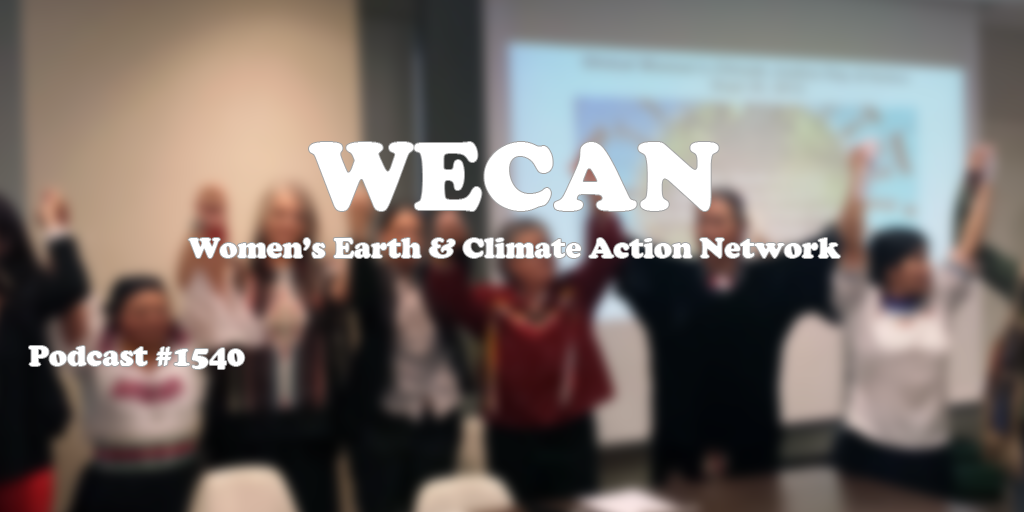
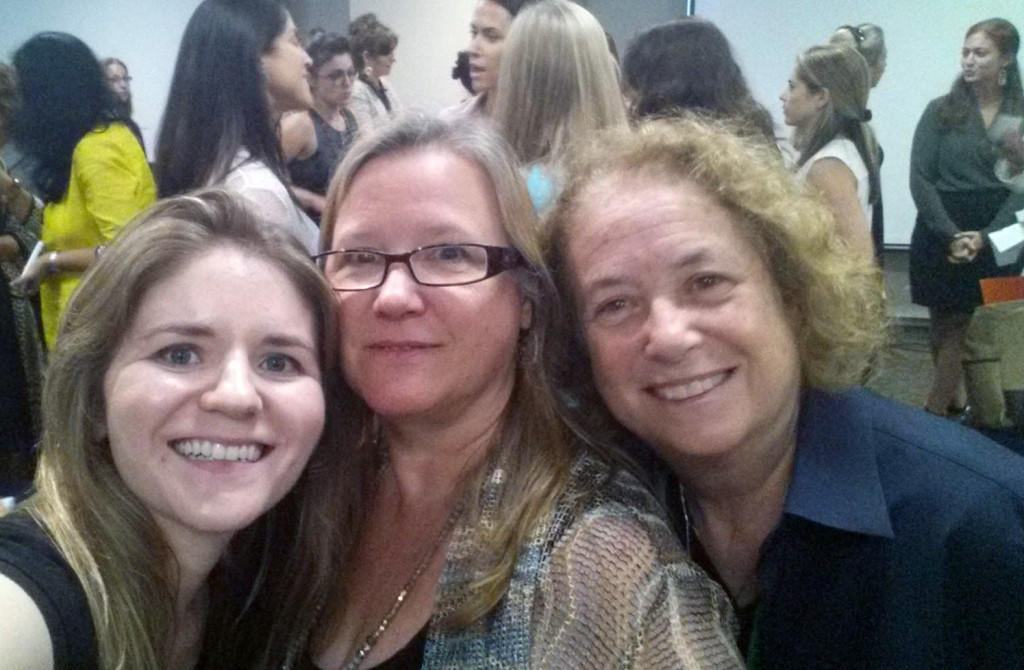 This weeks episode takes us to the Global Women’s Climate Justice Day of Action at the UN, sponsored by the Women’s Earth and Climate Action Network (WECAN). This event was attended by women from over 50 countries. To have such a collection of amazing women in one place, who presented stories of courage and resilience in combating climate change was deeply touching. Women play a key role in adapting solutions to climate change, and it was an honor to speak with WECAN founder Osprey Lake, environmentalist visionary Sally Ranney, as well as Neha Misra founder of Solar Sister, Harriet Shugarman Executive Director of ClimateMama, Executive Director of CELF Katie Ginsberg and student Coreena, and Patricia Gualinga-Montalvo, Indigenous Leader of Ecuador, whose interview was translated by Amazon Watch’s Executive Director Leila Salazar-López. For more information visit
This weeks episode takes us to the Global Women’s Climate Justice Day of Action at the UN, sponsored by the Women’s Earth and Climate Action Network (WECAN). This event was attended by women from over 50 countries. To have such a collection of amazing women in one place, who presented stories of courage and resilience in combating climate change was deeply touching. Women play a key role in adapting solutions to climate change, and it was an honor to speak with WECAN founder Osprey Lake, environmentalist visionary Sally Ranney, as well as Neha Misra founder of Solar Sister, Harriet Shugarman Executive Director of ClimateMama, Executive Director of CELF Katie Ginsberg and student Coreena, and Patricia Gualinga-Montalvo, Indigenous Leader of Ecuador, whose interview was translated by Amazon Watch’s Executive Director Leila Salazar-López. For more information visit